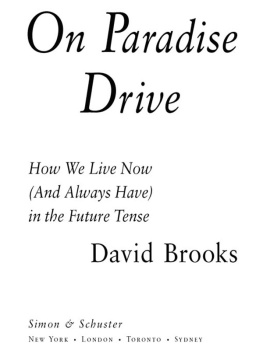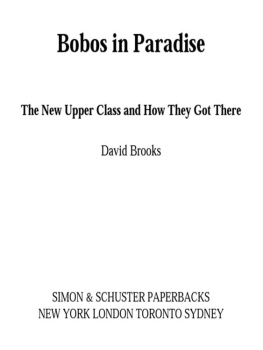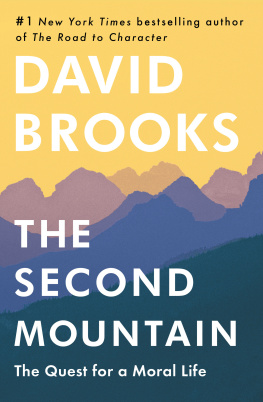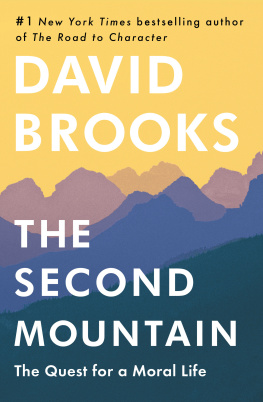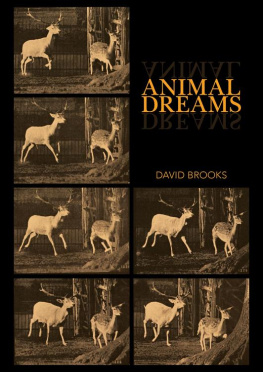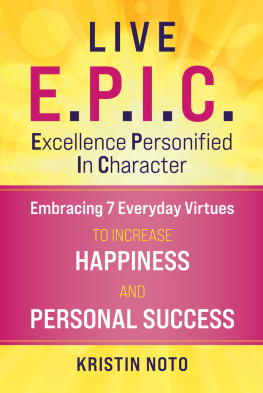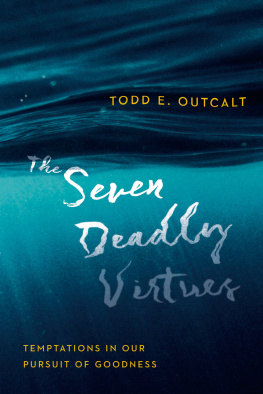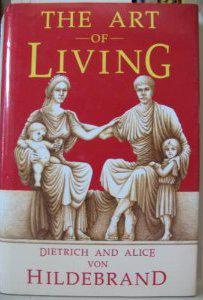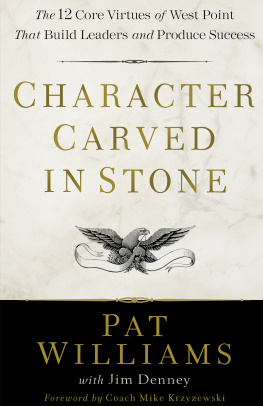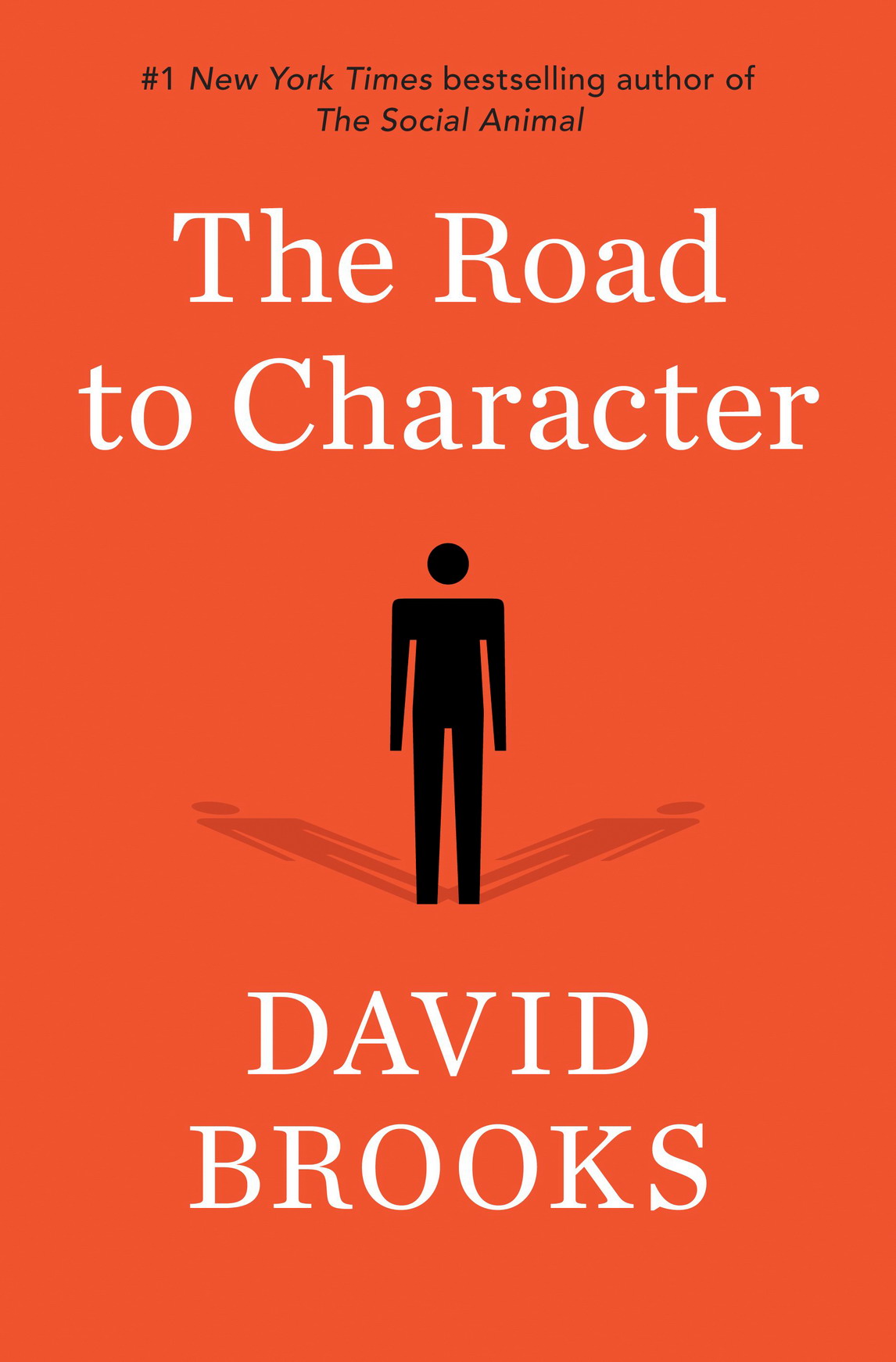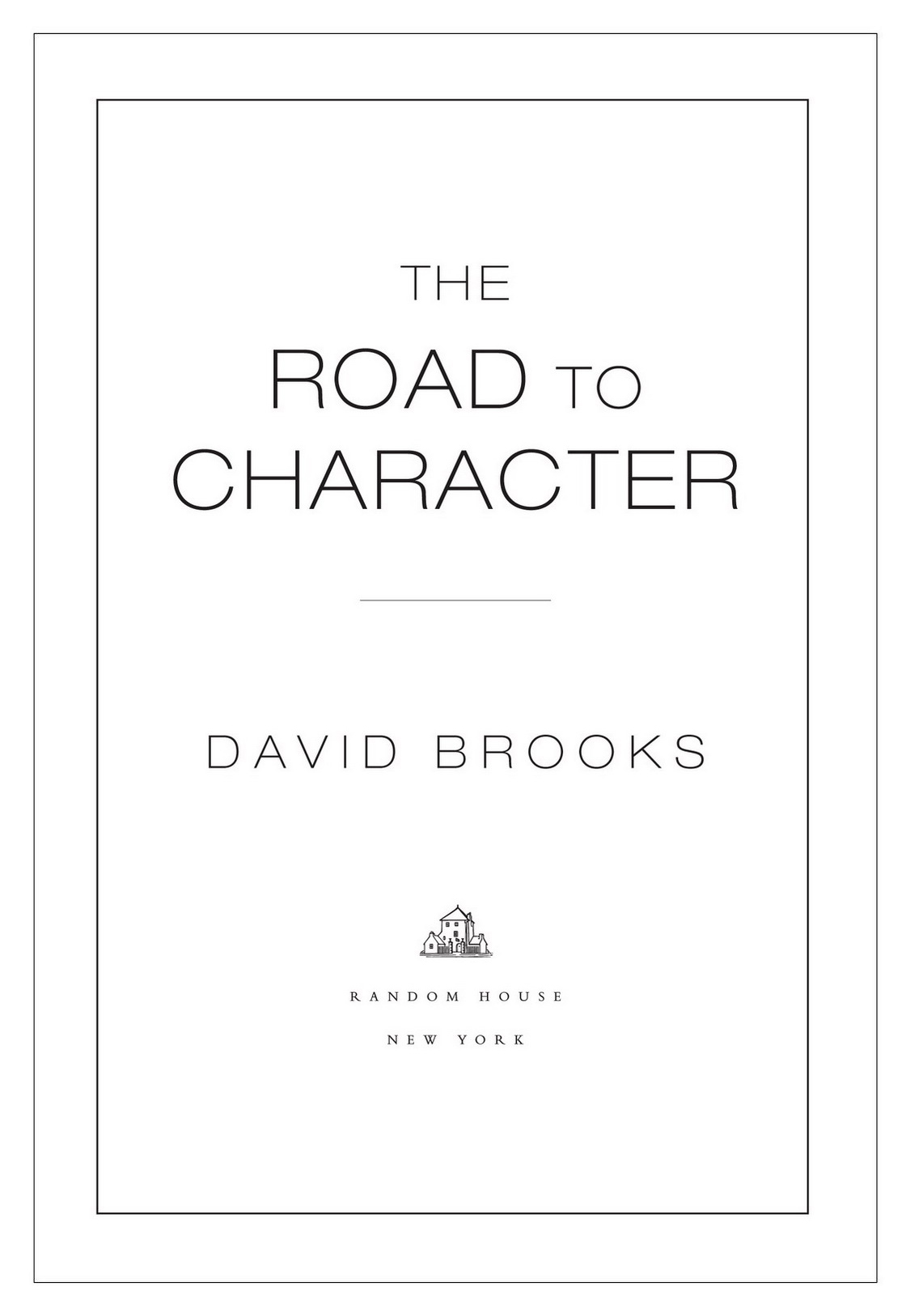David Brooks - The Road to Character
Here you can read online David Brooks - The Road to Character full text of the book (entire story) in english for free. Download pdf and epub, get meaning, cover and reviews about this ebook. year: 2015, publisher: Random House Publishing Group, genre: Religion. Description of the work, (preface) as well as reviews are available. Best literature library LitArk.com created for fans of good reading and offers a wide selection of genres:
Romance novel
Science fiction
Adventure
Detective
Science
History
Home and family
Prose
Art
Politics
Computer
Non-fiction
Religion
Business
Children
Humor
Choose a favorite category and find really read worthwhile books. Enjoy immersion in the world of imagination, feel the emotions of the characters or learn something new for yourself, make an fascinating discovery.

- Book:The Road to Character
- Author:
- Publisher:Random House Publishing Group
- Genre:
- Year:2015
- Rating:4 / 5
- Favourites:Add to favourites
- Your mark:
The Road to Character: summary, description and annotation
We offer to read an annotation, description, summary or preface (depends on what the author of the book "The Road to Character" wrote himself). If you haven't found the necessary information about the book — write in the comments, we will try to find it.
Evaluates Americas transition to a culture that values self-promotion over humility, explaining the importance of an engaged inner life in personal fulfillment. Read more...
Abstract: [The author] has consistently illuminated our daily lives in surprising and original ways. In The Social Animal, he explored the neuroscience of human connection and how we can flourish together. Now, in [this book], he focuses on the deeper values that should inform our lives. Responding to what he calls the culture of the Big Me, which emphasizes external success, [the author] challenges us, and himself, to rebalance the scales between our resume virtues--Achieving wealth, fame, and status-- and our eulogy virtues, those that exist at the core of our being: kindness, bravery, honesty, or faithfulness, focusing on what kind of relationships we have formed. Looking to some of the worlds greatest thinkers and inspiring leaders, [the author] explores how, through internal struggle and a sense of their own limitations, they have built a strong inner character. Labor activist Frances Perkins understood the need to suppress parts of herself so that she could be an instrument in a larger cause. Dwight Eisenhower organized his life not around impulsive self-expression but considered self-restraint. Dorothy Day, a devout Catholic convert and champion of the poor, learned as a young woman the vocabulary of simplicity and surrender. Civil rights pioneers A. Philip Randolph and Bayard Rustin learned reticence and the logic of self-discipline, the need to distrust oneself even while waging a noble crusade. Blending psychology, politics, spirituality, and confessional, [this book] provides an opportunity for us to rethink our priorities, and strive to build rich inner lives marked by humility and moral depth. Joy, [the author] writes, is a byproduct experienced by people who are aiming for something else. But it comes.-- Provided by publisher.
Evaluates Americas transition to a culture that values self-promotion over humility, explaining the importance of an engaged inner life in personal fulfillment
David Brooks: author's other books
Who wrote The Road to Character? Find out the surname, the name of the author of the book and a list of all author's works by series.

